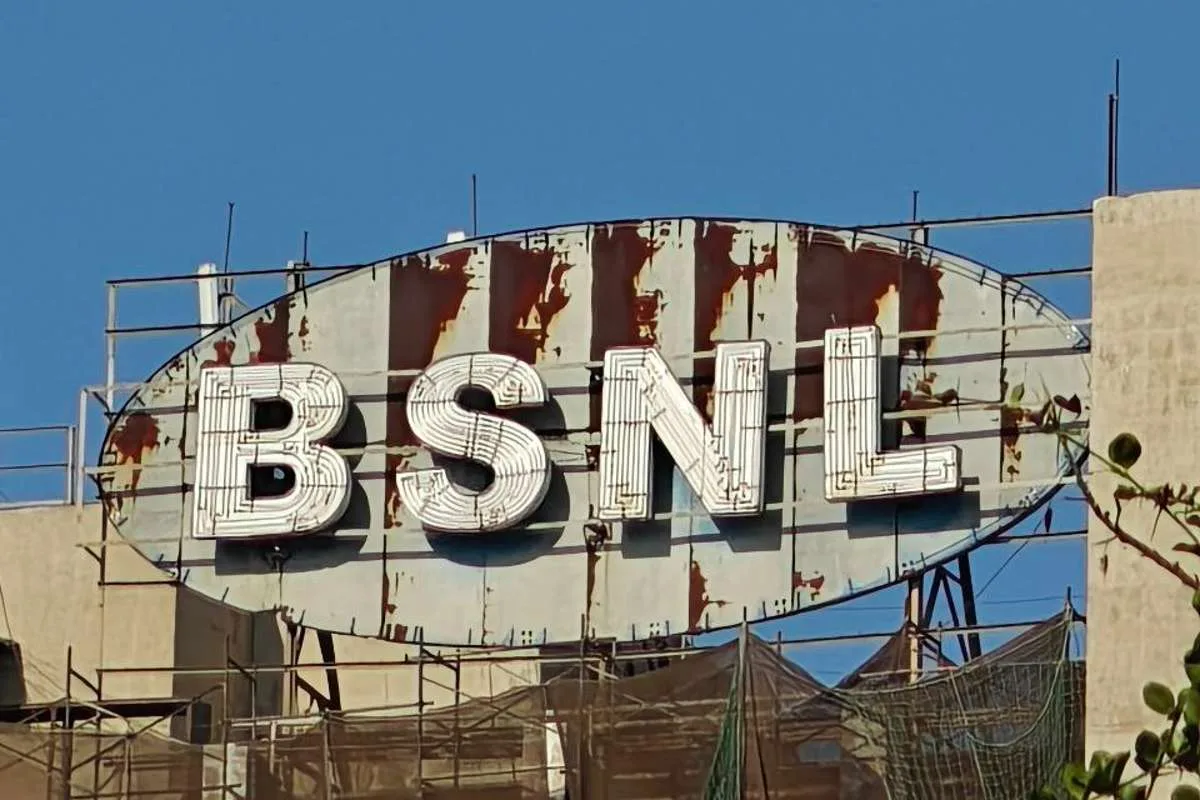
Bharat Sanchar Nigam Limited (BSNL), a state-run Indian telecom operator, has added 3.6 million mobile users between August and October 2024. This was possible due to the tariff hikes which the private telcos implemented. Customers of the private telcos moved to BSNL for more affordable plans. But this gain is now starting to reverse for BSNL, and this has been confirmed by Vodafone Idea (Vi) CEO, Akshaya Moondra.
Month-wise, BSNL gained the most users in August 2024, when the telco's subscriber base went up by 2.52 million users. In the following months of September and October 2024, the telco added 0.38 million and 0.76 million new mobile subscribers.
Read More - BSNL Should Take Help of Foreign Players till Indigenous Tech Matures: Parliamentary Panel
BSNL Saw an Uptick in Prepaid Connections, No Major Changes in Postpaid Connections
The prepaid connections of the telco went up from 88.41 million in July 2024 to 92.04 million by October 2024. There was little movement in the postpaid subscriber base as it went up from 4.42 million to 4.48 million during the same time. Vodafone Idea saw a trend where its customers were porting to BSNL's networks after the tariff hikes. However, since BSNL doesn't have PAN-India 4G services, the customers will eventually find their way back to the private telecom companies.
Read More - BSNL to Start Working on 5G Upgrade After April-May 2025: Report
At this point, BSNL is focused on rolling out 1 lakh 4G sites, out of which the telco has installed more than 62,000 sites. Still, a lot of work is left for the telecom operator to complete and then also focus on rolling out 5G to stay in competition with the private telcos. The technology stack which BSNL is using for 4G is easily upgradable to 5G as well. The 5G rollout for BSNL will start after April-May 2025 once the 4G rollout is over, confirmed Jyotiraditya Scindia, union telecom minister of India.
BSNL saw a rise in number of subscribers, not because it has great mobile network services, but only because its prices seemed cheaper to the consumers. This won't help the state-run telco in retaining these customers in the long-run.















